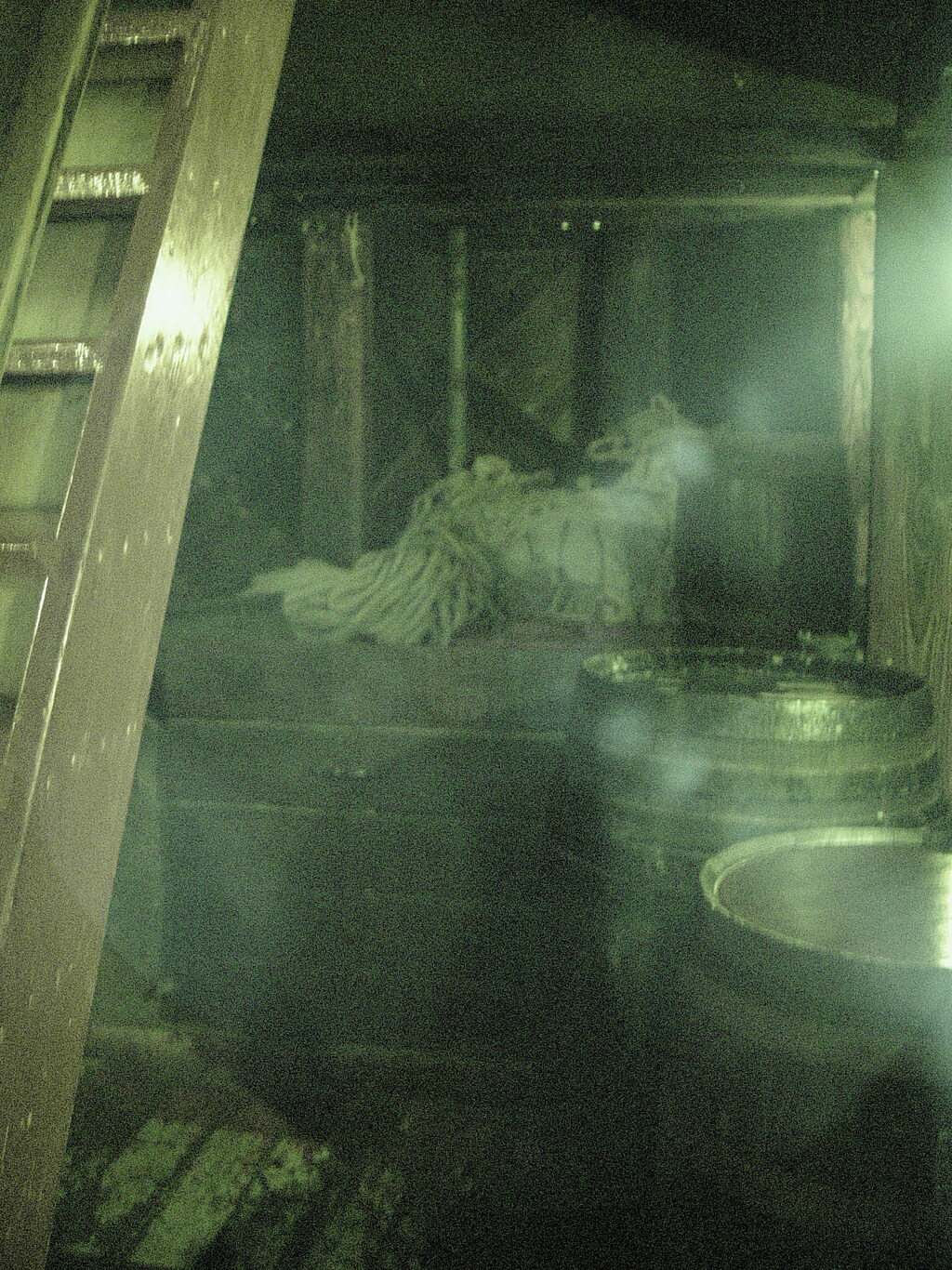
We moved the trade south of Elmina, east of Shama, and even deeper inland where no white coats would follow. No flags. No questions. The Dutch, the Portuguese—some looked the other way, and some didn’t care at all. Gold was still king, and flesh was still its currency.
We dealt in whispers. Our ships were no longer large and proud—they were lean, silent things. We loaded in the dark. We sailed at dusk. We buried our chains under sacks of cocoa and cotton. We paid well, and we paid fast. And still, men sold their own. War captives. Debtors. Outcasts. Sometimes children were handed over in exchange for powder or gin.
It wasn’t like before. It was filthier now. Slimier. But more profitable than ever.
One night, I met a priest. English. White robes. He stood near the old chapel above the dungeon, near the grave of that African minister—Quaque, I think they called him. He looked at me with eyes that knew too much. Said he’d seen my ship.
“You’re not trading gold anymore,” he said quietly.
I smiled. “Is anyone?”
He didn’t smile back.
“You know what’s down there?” he asked, pointing toward the darkness of the lower vaults. “The air hasn’t changed in a hundred years.”
I told him, “The air changes when the money changes.”
He turned his back. And I walked away. I never saw him again.
That last shipment—we never made it out.
Thirty-six souls, mostly young, were hidden beneath a false floor in the hold of The Black Mare. She was fast, sleek, and deadly. We were to sail north past Anomabo, then slip west toward a Portuguese post before cutting across the Atlantic under false flags.
But someone had spoken.
British patrols were waiting by the cape. Two brigs. Armed.
They fired a warning shot.
I gave no warning in return.
We sank her ourselves, in shallow waters. No trace. No chains. No captives left behind to speak. The crew vanished into the jungle, and the ocean swallowed the rest. That was the last time I saw Cape Coast Castle. Not as a merchant. Not as a man. As a ghost.
Today, they give tours of that place.
They walk tourists past the graves, the cannons, and the “Door of No Return.” They talk of abolition, bravery, and freedom. They speak the name of Philip Quaque and others like him. And they never mention us—the ones who came after the gates closed, after the laws were passed, but before the chains truly broke.
They say 1807 ended the trade.
They’re wrong.
It just went deeper.
And darker.
Fictionalized after an idea of Remo Kurka. Inspired by true events in post-abolition West Africa.